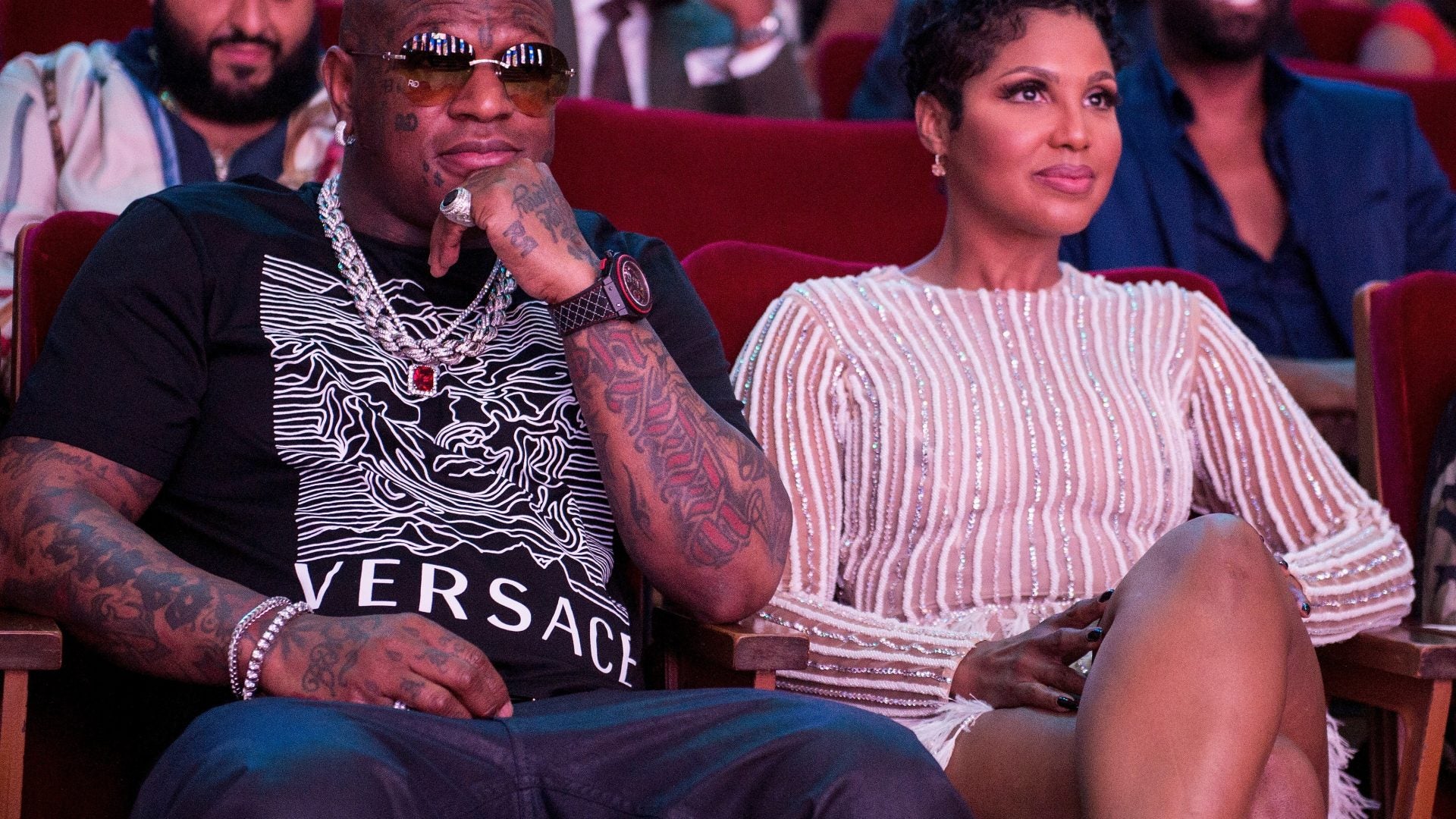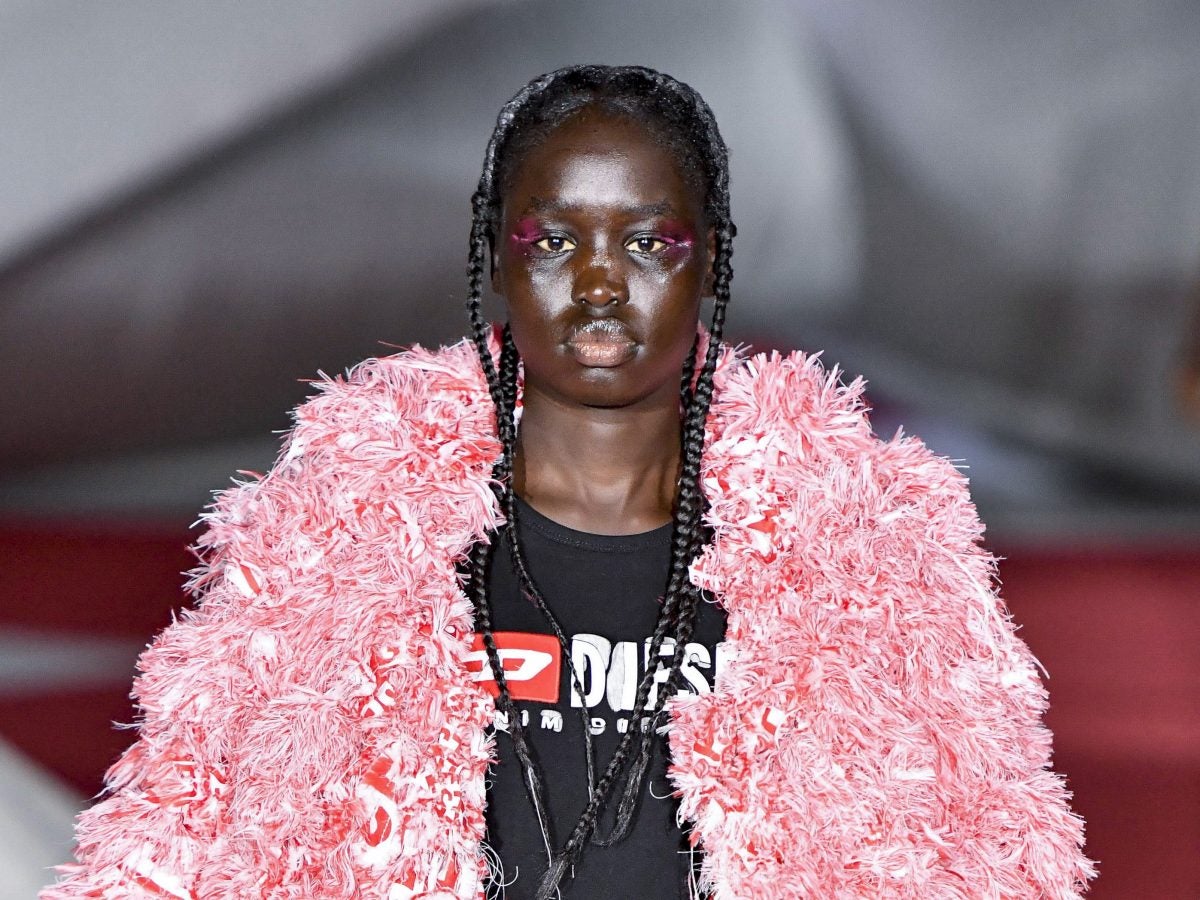
The modeling industry was once painted to be an elusive career path with very little longevity, but that wasn’t just an assumption — it was true —, and to many, it still is. JAG Models prides itself in its inclusive mission statement that JAG is “a future-forward philosophy as much as a modeling agency.” In many recent campaigns, in response to thousands of people around the globe that don’t see themselves in the clothes that are sold to them as consumers, agencies have been making it their top priority to change that. On top of models not being the norm of thin and white, JAG is dedicated to actually listening to their models. In the past, agencies were the villain origin story for many models who left the industry or who stayed and fought back. Now, the shift in how agencies operate has improved generally, but from time to time, you’ll hear horror stories of models being asked to lose weight or experiencing blatant racism.
In this new era of “anyone can be a model,” it’s refreshing that not only skinny and white are perceived as beautiful, but it is still a work in progress. Consumers must see themselves on campaigns to be compelled to buy any product. Aspiration still sells, yes, but more importantly, so does acceptance. Three models from JAG Models describe their experiences as new faces in the industry so far.
From their hopes and critiques, these Black models tell it like it is and feel comfortable enough to because JAG Models has created space for them. They have huge potential and great careers ahead of them. Below they tell us about conforming to beauty standards and what it’s like to be a Black model today.
Fanta
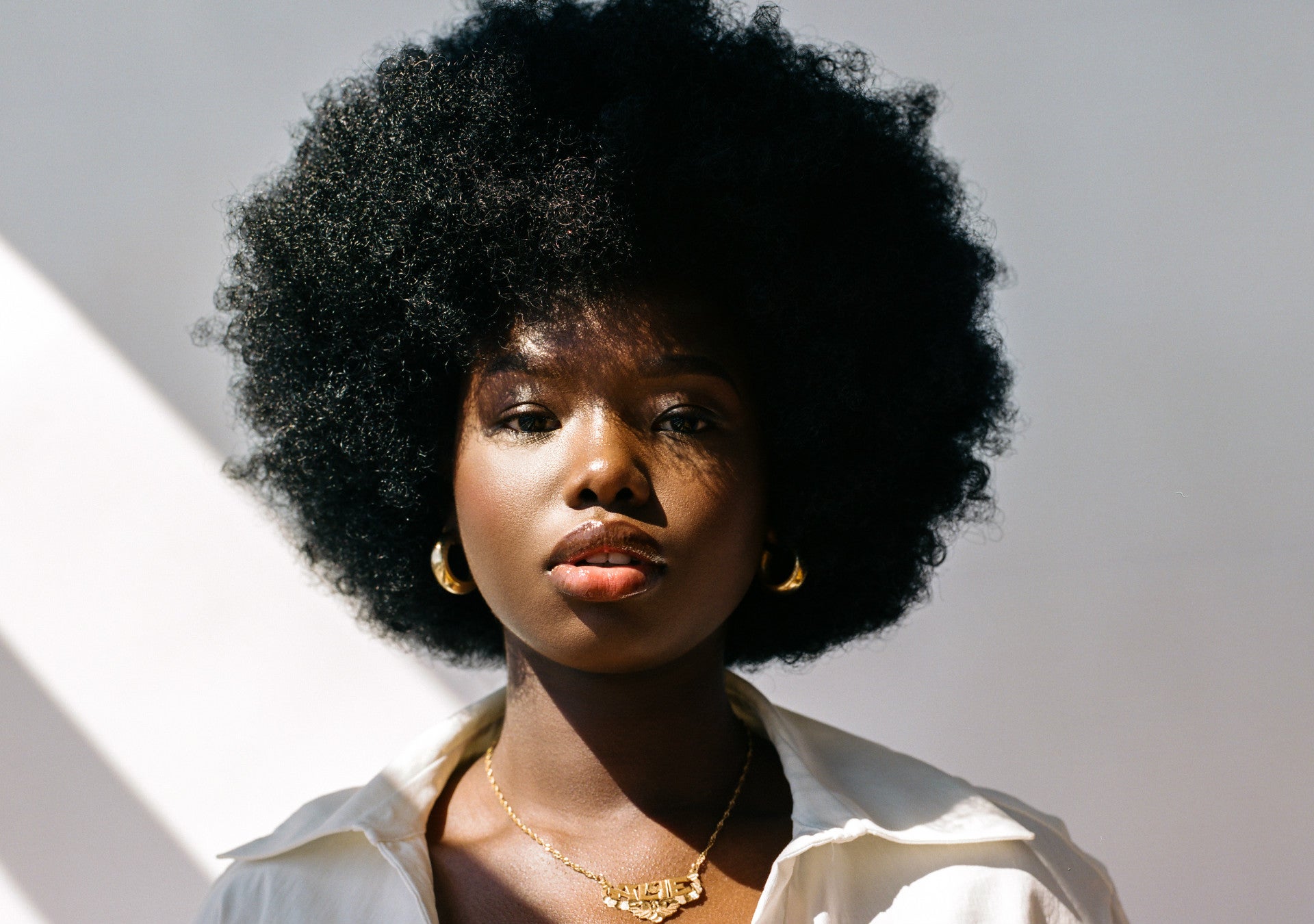
As the beauty standard pendulum appears to be swinging back to “thin is in,” do you feel any or no pressure to conform to a standard that is constantly changing, especially as a Black model?
As the beauty standard continues to change, I feel no pressure to confirm. I feel as though there will always be a new standard, but I choose to remain true to myself.
What’s your favorite thing about being a Black model working today?
The fact that we are a part of the shift and evolution of the industry. We are setting the tone for what’s to come while also encouraging the younger generation and showing them it can be done.
How have you seen the industry shift from your POV in terms of representation (good or bad)?
I feel like the shift is good because we’re being represented now, however, we have a long way to go. The representation isn’t showcasing diversity; there is a certain type of black model being showcased, especially in fashion.
Ciara
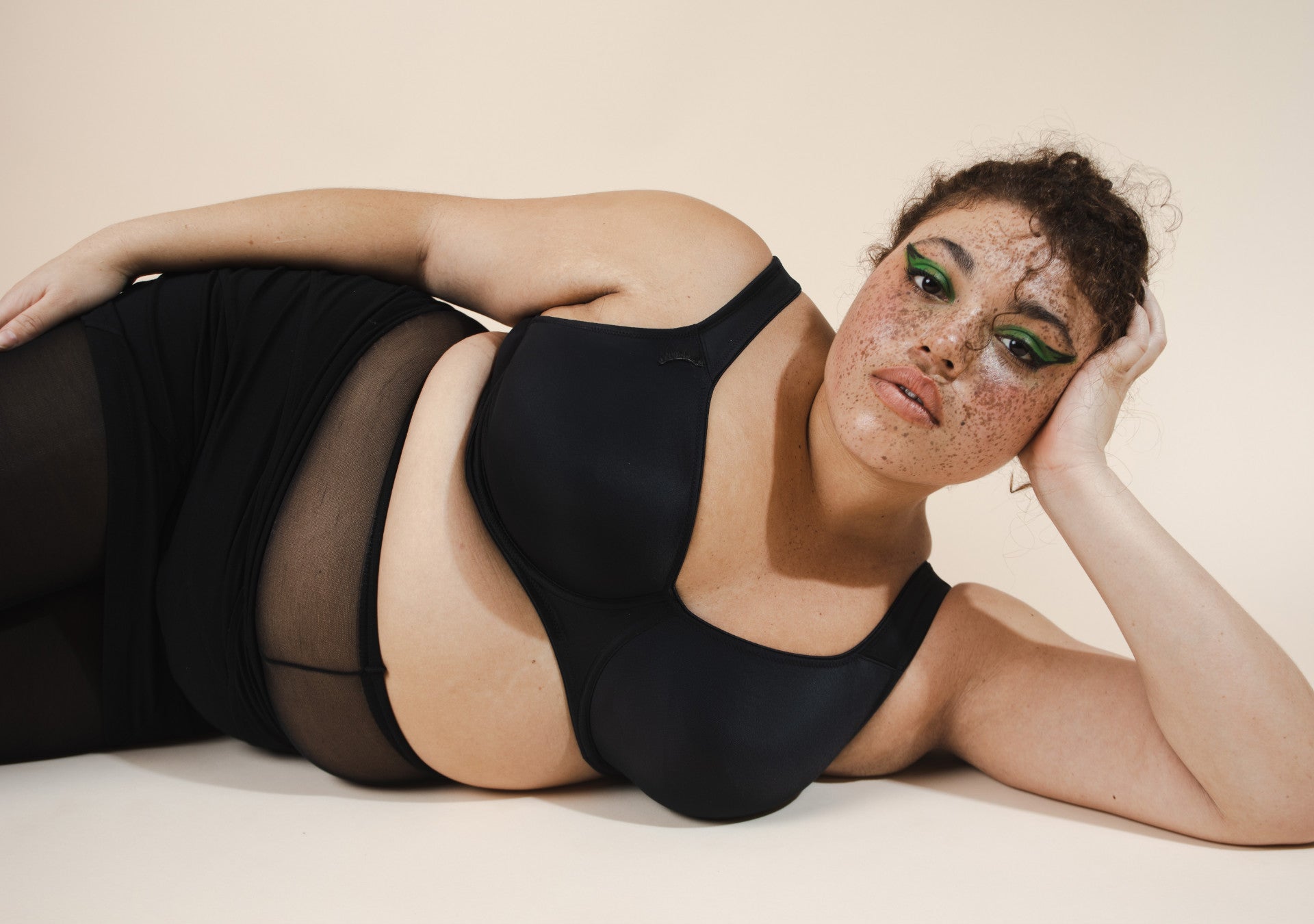
As the beauty standard pendulum appears to be swinging back to “thin is in,” do you feel any or no pressure to conform to a standard that is constantly changing, especially as a Black model?
The beauty standard is something in society that I’ve always battled with. This swinging motion always occurs every 3-5 years, and I’ve stopped trying to race after the trends. I no longer feel the pressure of the pendulum swing because I’ve found comfort in my originality and beauty, especially as a Black model.
What’s your favorite thing about being a Black model working today?
My favorite thing about being a Black model working today is being able to showcase the different forms, shades, and combinations of Black beauty. Also, I love seeing Black talent in every aspect of the industry.
How have you seen the industry shift from your POV in terms of representation (good or bad)?
There has been a shift in the industry in terms of representation, but I’m not sure if it’s genuine. There are still brands that have their “token” representation models so they don’t get backlash from the media and never actually change the foundations of their brand. If a brand is trying to change its image in terms of representation, it can’t make the biggest size available a 1x-2x. People see right through that type of strategy.
Alicia
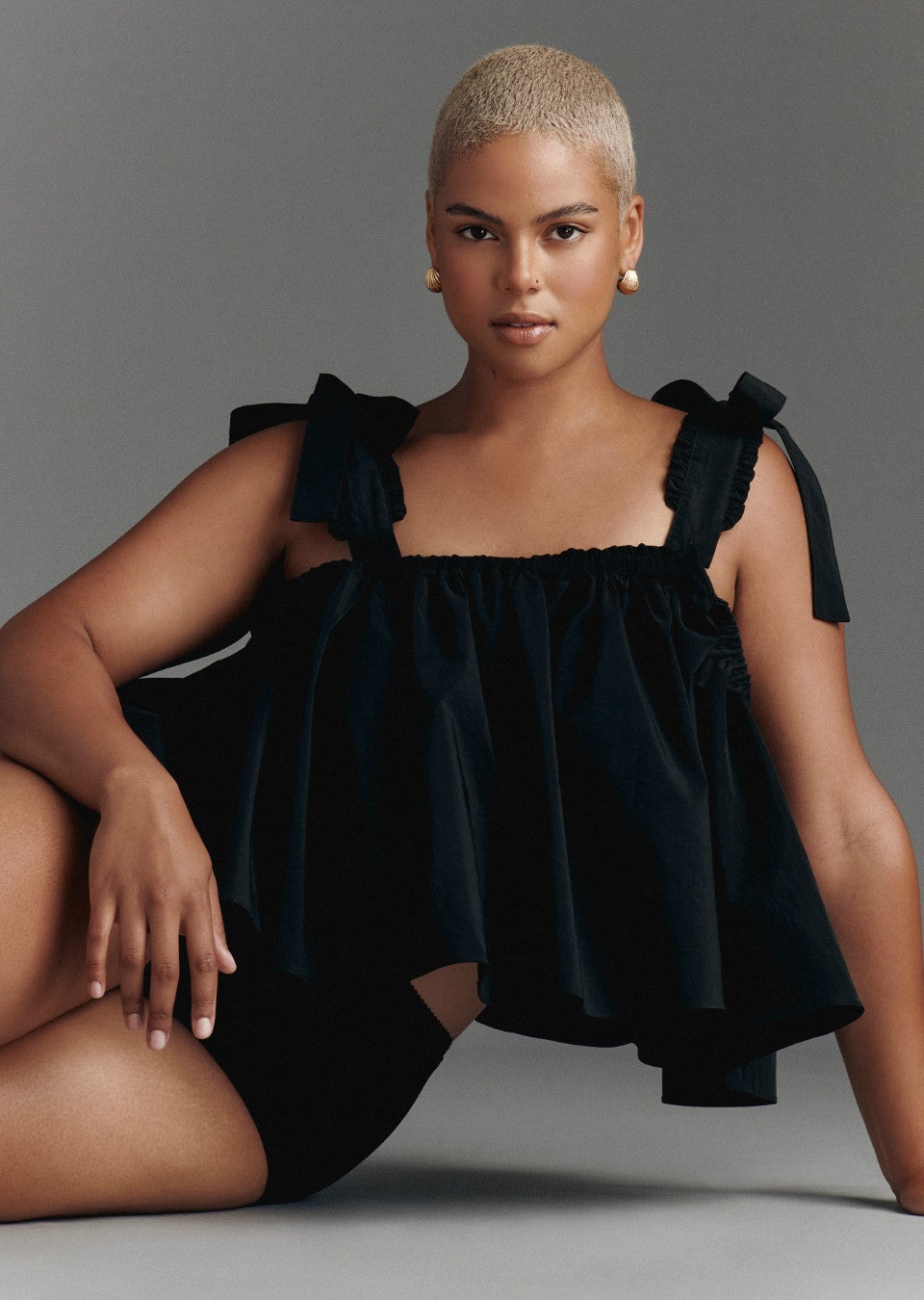
As the beauty standard pendulum appears to be swinging back to “thin is in,” do you feel any or no pressure to conform to a standard that is constantly changing, especially as a Black model?
I don’t feel any pressure whatsoever! It took me a long time to be comfortable with my 6′ tall, curvy body – and nobody can take that away from me now. I come from a line of beautiful, wide-hipped women. I honestly believe I couldn’t be much thinner even if I wanted to. This is how I’m supposed to look!
What’s your favorite thing about being a Black model working today?
My favorite thing is the ability to BE who I needed to see represented as an adolescent. I was bullied for being tall, thick, and caramel-skinned. Now they’re the things I love most about my body. I have a 15-year-old sister who I’m proud to say doesn’t carry any of the deep body insecurities I had growing up, despite looking almost exactly the same as I did at that age. It’s beautiful to know I’ve helped make that kind of impact on her and other young people.
How have you seen the industry shift from your POV in terms of representation (good or bad)?
I’m only 27, and I remember a time when I didn’t see a single melanated soul on the magazine racks, in TV commercials, or in beauty ads. There were jokes about asses being too fat or not wanting to be too big sprinkled into any and all media I consumed, especially the ones that were particularly meant for young girls. Now we see any and all shapes and sizes being celebrated. It’s not perfect, of course; there are always ways we can improve representation, but I love the leaps and bounds the modeling industry has taken thus far.
